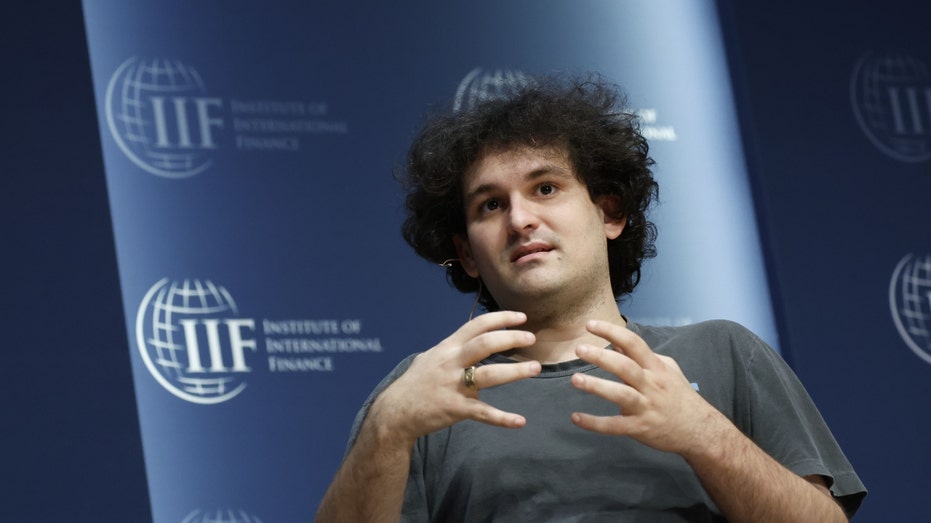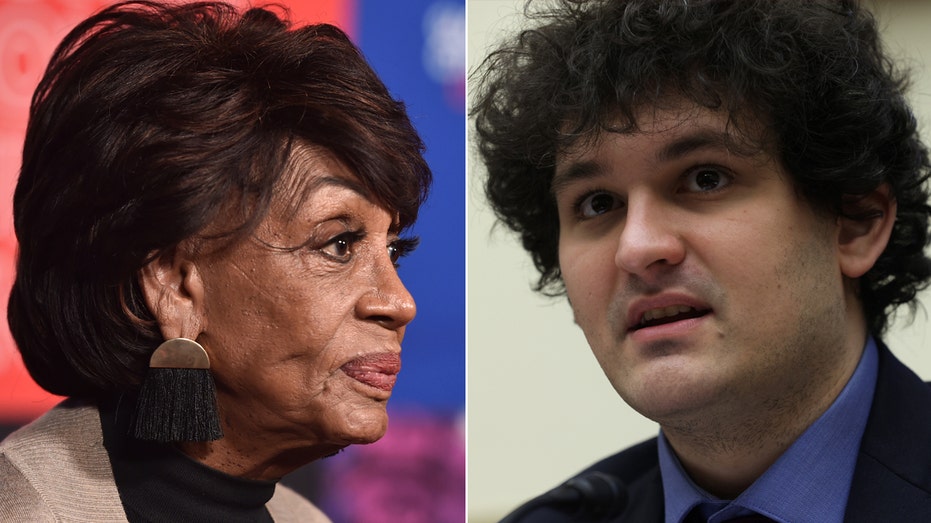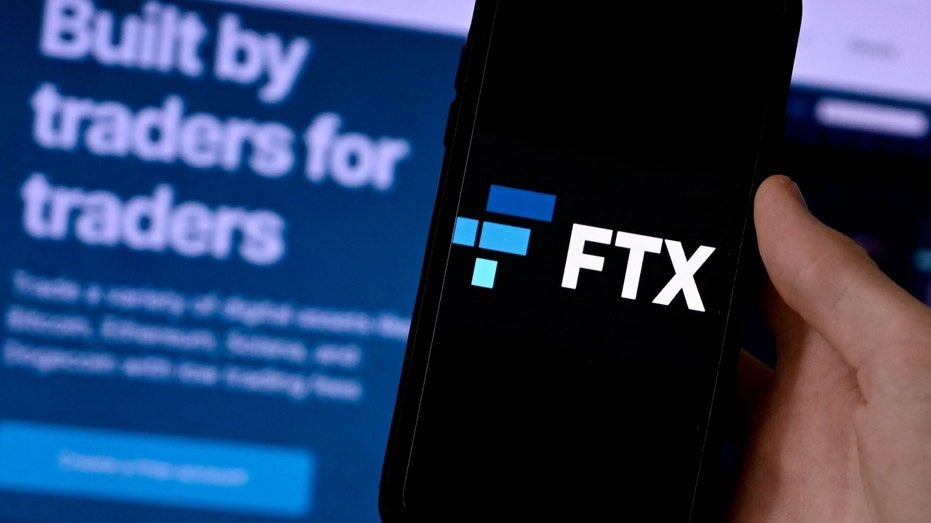Ex-FTX boss Sam Bankman-Fried admits he should've done more stress testing before crypto firm's collapse
Sam Bankman-Fried took new questions about the implosion of FTX and Alameda Research in a Twitter Space
Sam Bankman-Fried took part in 'corruption, corporate mismanagement': Anthony Georgiades
Pastel Network co-founder Anthony Georgiades argues 'it'll take time' to trace back disgraced FTX founder Sam Bankman-Fried's 'co-mingled' assets.
Sam Bankman-Fried made yet another public appearance on Tuesday in an effort to explain his side of the collapse of FTX, the cryptocurrency exchange he led, and the reported transfer of billions of dollars in customers' funds from FTX to Alameda Research, the now-bankrupt hedge fund he founded.
Robert Mowry, a partner with Rekt Tech who began trading on FTX in 2019, hosted an hour-long conversation with Sam Bankman-Fried on Twitter Spaces that concluded with what was a relatively short but pointed question-and-answer period with other participants.
Bankman-Fried was questioned about recent comments he made about appearing before Congress in the near future while suggesting he may not be ready to appear at the House Financial Services Committee scheduled for December 13th by Chairwoman Maxine Waters (D-CA). He tweeted Sunday, "Once I have finished learning and reviewing what happened, I would feel like it was my duty to appear before the committee and explain. I'm not sure that will happen by the 13th. But when it does, I will testify."
MAXINE WATERS PRAISES FTX FOUNDER BANKMAN-FRIED FOR ‘CANDID’ INTERVIEWS AFTER BILLIONS GO MISSING

Sam Bankman-Fried, founder and chief executive officer of FTX Cryptocurrency Derivatives Exchange, speaks during the Institute of International Finance (IIF) annual membership meeting in Washington, DC, US, on Thursday, Oct. 13, 2022. (Photographer: Ting Shen/Bloomberg via Getty Images / Getty Images)
Mowry asked whether he had made progress in learning about what happened. Bankman-Fried responded, "I'm working on it, I don't have access to a lot of the data right now" and added that "I'm sure I will be testifying at some point"
Bankman-Fried said he expects the upcoming hearing will focus on a "potpourri of things" but added, "I would love to see a focus on customers and what can be done for customers on, you know, what's up with FTX USA and you know, why hasn't it returned funds to customers".
He raised a similar point about FTX's U.S. corporate entity during last week's interview at the New York Times' DealBook Summit. Both FTX's U.S. and Bahamian entities are in bankruptcy proceedings.
FTX FOUNDER SAM BANKMAN-FRIED TOOK QUESTIONS ABOUT COMPANY COLLAPSE: ‘WE MESSED UP BIG’
Asked about the implosion of his companies and the role played by Caroline Ellison, the CEO of Alameda Research who was reportedly Bankman-Fried's ex-girlfriend, he said "I'm not sure what happened" and that "she had an incredibly hard job and I think she tried to do well at it and I don't know who thought what when." He added, "I don't think she ever had malintent."
FTX reportedly loaned as much as $10 billion in customers' funds from the exchange to Alameda, and Bankman-Fried said last week that he "didn't knowingly commingle funds" despite flawed oversight on his part. He said he distanced himself from decision-making at Alameda because he was concerned about the appearance of a conflict of interest.
The Wall Street Journal previously reported that Ellison told Alameda staff FTX transferred customers' funds so that the hedge fund could meet its liabilities, and that she, Bankman-Fried, and other members of the firms' leadership were aware of the decision.
FTX'S ALAMEDA RESEARCH OWES JIMMY BUFFETT'S MARGARITAVILLE, AMAZON WEB SERVICES
Bankman-Fried took several questions about his failure to run stress tests of FTX involving a collapse in cryptocurrency assets it depended upon. He said, "At the end of the day, I really wish that we had stress tested more rigorously. What I mean is what would FTX look like in a real crash scenario, I was not thinking of an 80 or 90% down crash, but obviously that's what happened."
"It's one of those areas where I absolutely could have gotten my s--- together on way earlier and should have and one of those I should have been aware of because it happens, you know, this isn't the first time that we've seen a large, you know, market crash," Bankman-Fried added.
EX-FTX BOSS SAM BANKMAN-FRIED DENIES ILLEGAL DRUG USE AT COMPANY

House Financial Services Chair Maxine Waters (D-Calif.) said on Friday said she wants FTX founder Sam Bankman-Fried to testify at the panel’s Dec. 13 hearing on the cryptocurrency collapse (Getty Images / Getty Images)
During the question-and-answer portion of the interview, he was asked by David Gokhshtein why he ran the company without a dedicated chief financial officer. Bankman-Fried replied: "We got audited financials each year, audited by an external accounting firm. We had an accounting team. We had a finance team working on that and who got those. And I did look at the audited financials when they came out each year and I looked at drafts of them before they came out."
Bankman-Fried went on to say that the reason FTX's precarious financial stake in Alameda didn't appear on those financial statements is "because the financials were FTX's corporate financials, not risk analysis of users' positions on FTX."
NEW FTX CEO HIGHLIGHTS ‘PERVASIVE FAILURES’ IN COURT FILING
The former FTX CEO explained his acquisitions of and investments in a number of other crypto firms by saying, "I thought I could move the industry forward and I don't think I ended up doing that to say the least."
He also opened up on his ongoing legal situation given his previous comments that he only has $100,000 left in the bank and one working credit card. "In terms of paying legal fees, I'm still figuring that out and I don't necessarily have a long-term plan yet," Bankman-Fried said.
A member of his communications team confirmed to Fox Business that Bankman-Fried has retained Mark Cohen as counsel. Cohen previously represented Jeffrey Epstein confidante Ghislaine Maxwell and Mexican drug lord El Chapo.

This illustration photo shows a smartphone screen displaying the logo of FTX, the crypto exchange platform, with a screen showing the FTX website in the background. ((Photo by OLIVIER DOULIERY/AFP via Getty Images) / Getty Images)
The role of Silvergate Bank in the transfer of funds from FTX to Alameda was a main focus of the conversation when the host opened the Twitter Space up for participants to ask questions of Bankman-Fried.
Bankman-Fried acknowledged that, "Yes, some people did use this bank," but didn't directly specify that it served as a conduit for funds moved from FTX to Alameda. Documents from the company's bankruptcy case indicate that FTX, some of its affiliated firms, and the Alameda Research hedge fund all banked with Silvergate.
INSIDE THE COLLAPSE OF CRYPTO EXCHANGE FTX: EVERYTHING YOU NEED TO KNOW
A bipartisan trio of senators on the Senate Banking Committee sent a letter to Silvergate on Tuesday requesting information about its role in the FTX-to-Alameda transaction. The senators' letter noted that Silvergate's depository services extended to Alameda and FTX "appears to be at the center of improper transfers of customer funds."
Sens. John Kennedy (R-La.), Roger Marshall (R-Kan.), and Elizabeth Warren (D-Mass.) wrote: "Your bank's involvement in the transfer of FTX customer funds to Alameda reveals what appears to be an egregious failure of your bank's responsibility to monitor for and report suspicious financial activity carried out by its clients. The public is owed a full accounting of the financial activities that may have led to the loss of billions in customer assets, and any role that Silvergate may have played in these losses."
EX-CRYPTO BOSS SAM BANKMAN-FRIED SLAMMED FOR COMMITTING ‘PURE AND SIMPLE, GOOD OLD-FASHIONED FRAUD’
Silvergate bills itself as "the leading bank for innovative businesses in fintech and cryptocurrency" and as of September, nearly 90% of its deposit base came from crypto firms according to the senators.
Following FTX's bankruptcy, Silvergate released a statement saying that it "has no outstanding loans to nor investments in FTX" and that, "As a federally regulated banking institution that is well capitalized, we maintain a strong balance sheet with ample liquidity to support our customers' needs."
FTX scandal 'sounds very much like' a Ponzi scheme: Andrew McCarthy
Fox News contributor Andrew McCarthy says disgraced FTX founder Sam Bankman-Fried could face a 'very, very high' federal sentencing.
GET FOX BUSINESS ON THE GO BY CLICKING HERE
Since September, the senators noted that Silvergate's average deposits are down over $2 billion. In addition to FTX, another client of Silvergate that has entered bankruptcy amid the crypto contagion is BlockFi – which was brought down by its exposure to FTX but appears to have had better corporate controls than FTX per its bankruptcy filings.
Bankman-Fried concluded his appearance on Twitter Spaces by reiterating his focus on recovering what's left of customers' assets and saying, "I'm incredibly sorry and I think there are things going forward that will help customers. I'm going to keep soul-searching about what happened and I'm really sorry."





















